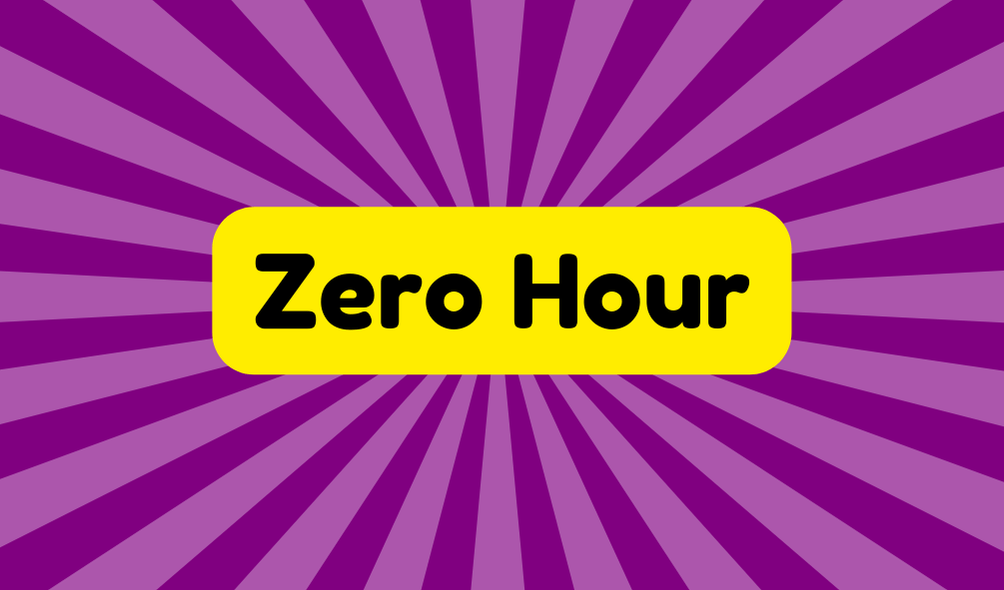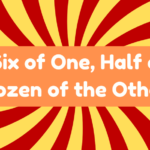"Zero hour" refers to a vital moment when immediate action is required. Its origin lies in military terminology, marking the start of operations that demand fast decision-making. Today, it's used in areas like business and politics, emphasizing the importance of being prepared for pivotal situations. For instance, a CEO might make a decisive move at zero hour to change a project's direction. Although its original meaning can sometimes get diluted, recognizing these significant junctures is essential. Understanding its implications can help you manage urgent challenges more effectively. Keep exploring, and you'll uncover even more about its significance and applications.
Synonyms
When you're looking for synonyms for "zero hour," consider terms like "crucial moment," "decisive point," or "critical juncture." Each of these phrases captures the essence of a significant time that demands prompt action or decision-making. When facing critical moments, it's essential to grasp the urgency behind actions. Reflect on how these synonyms relate to your own experiences:
- Crucial Moment: Time when your decisions matter most.
- Decisive Point: A point where you can't hesitate any longer.
- Critical Juncture: An intersection of paths requiring immediate choices.
Each of these synonyms emphasizes the impact of decisive actions. Understanding these terms not only enriches your vocabulary, but also sharpens your ability to recognize and respond to life's most pressing challenges.
Example of Sentences
Zero hour often appears in various contexts to signify critical turning points. You might recall moments when time management and essential decision making can truly make or break a situation. Here are a few example sentences to illustrate this concept:
- The British military awaited zero hour for an operation in Afghanistan.
- During the corporate meeting, the CEO's timely decision at zero hour changed the project's direction entirely.
- The dance competition's zero hour was set for 6:00 PM, prompting teams to finalize performances.
These examples show that understanding zero hour is vital. It highlights the need for preparedness, showcasing how pivotal moments can demand effective planning and decisive action. Embrace the concept; it can transform how you view your own deadlines and decisions!
Origin
The term "zero hour" has its roots in military terminology, where it originally referred to the precise moment an operation was set to commence. This concept has historical significance, as it tied directly to critical moments that could change the course of events. It underscores the urgency of decision-making in the heat of battle, reminding us of the stakes involved. Curiously, over time, this term found its way into various fields beyond the military, including politics and commerce. Yet, it is crucial to question how this evolution has diluted its original intensity. In today's fast-paced world, we often overlook the profound implications of "zero hour" as it relates to decisive action and strategic planning.
Collocations
In discussions about "zero hour," several common collocations often emerge that highlight the term's significance in various contexts. Recognizing these phrases helps you grasp the urgency and implications tied to this pivotal moment. Consider these three insightful collocations:
- Zero Hour urgency – emphasizes the immediate need for action.
- Zero Hour implications – suggests the far-reaching consequences of decisions made during this time.
- Zero Hour strategy – reflects the planned approach taken in critical situations.
These collocations aren't mere phrases; they encapsulate a complex tapestry of decision-making. By understanding these connections, you can appreciate how such terminology frames discussions in politics, military actions, and even personal decisions, making the concept of "zero hour" a powerful descriptor of urgency and consequence.
How to Use in Everyday Language
Often, you'll find the term "zero hour" popping up in discussions about urgent decisions or critical moments. When you're faced with a deadline or important choice, referring to it as your "zero hour" can emphasize its significance. You might say, "This is my zero hour to make strategic decisions about the project's future." Using the phrase this way stresses urgency and highlights the importance of the moment. Be cautious, though; overusing trendy terms can dilute their meaning. It's crucial to convey that not every decision falls into this high-stakes category. Keep your language precise and mindful, ensuring you inspire a sense of seriousness without unnecessarily creating drama around your daily choices. Authenticity in communication leads to more impactful conversations.
Why Is It Still Relevant Today?
Understanding why "zero hour" remains significant today requires examining its application across various fields. In our fast-paced world, we often face urgent issues that demand critical decisions. Whether in politics, business, or military strategy, the concept of zero hour becomes a framework for prioritizing and acting swiftly. As you navigate challenges, recognizing these pivotal moments can lead to innovative solutions and timely responses. However, it is crucial to question how often we rely on zero hour. Are we truly prepared for these decisive moments, or do they catch us off guard? By critically evaluating our readiness for zero hour, you can enhance your ability to tackle pressing problems effectively, turning potential chaos into opportunity.







